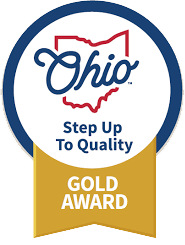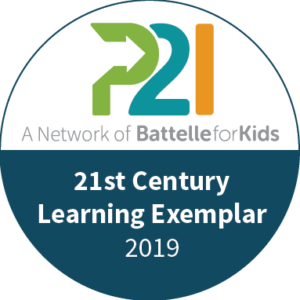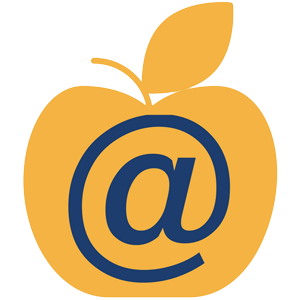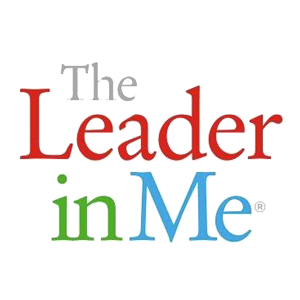STEAM Designation helps St. Ambrose Stand Out

St. Ambrose Catholic School is a rare kind of school. Just three nonpublic Ohio schools have earned designation from the Ohio STEM Committee as a STEAM (STEM + arts) school. The pre-K through 8 school in northeastern Ohio’s Medina County has much to offer in its STEAM-based curriculum, which it launched in 2016. From coding and computer science to a planned Fine Arts STEAM Lab, the school has been able to offer its students a wide-ranging STEAM-based curriculum in just a few years.
As a state, Ohio is just as unique. According to a 2019 review by the Education Commission of the States, only two states certify STEAM schools. Ohio and Georgia. (Read the paper)
How does STEAM fit into the St. Ambrose way? Principal Lisa M. Cinadr shares the story:
Q: Tell us about your background in education and where you have taught and/or served as an administrator.

Q: When and why did your school decided to implement STEAM as an educational emphasis? How did you go about phasing it in?
A: This initiative was part of our strategic plan that was implemented in 2016. We believed strongly in 21st Century skills outlined through P21, Partnership for 21st Century Learning.
I gathered a group of our teacher leaders and community partners to begin the conversation. They helped to guide the process. We then introduced it to the rest of our faculty, and, as a team, we engaged in professional development, highlighted our strengths and continued moving forward.
STEM Accelerated Coding was a strong partner we contracted with that enabled us to implement coding and geospatial technology. We were designated as a STEAM school last year and have continued to hone our teaching and learning practices.
Q: How did you introduce this change to parents and students, and what was their reaction?
A: The reaction has been great as the students are learning and being challenged on many levels. Parents have enjoyed the benefits for their children and are coming to understand this is an educational reality and great need for their children’s achievement and success in college and careers.
Parents were introduced to it via a personal letter from me as well as Family STEAM Night and parent meetings. Teachers helped this transition by keeping parents informed and engaged as well.
Q: Are there elements of a Catholic grade school curriculum that easily mesh with STEAM? Are there elements that might be at odds with STEAM? If so, how do you cope with that?
A: We follow the Roman Catholic Diocese of Cleveland’s curriculum that is based on state and national standards, so it does easily mesh with STEAM. We still need to teach the basic skills: reading, writing and arithmetic, but using problem-based learning principles and the principles of STEAM allows us to best serve our 21st century learners.
Standardized assessments give us data points to ensure students are showing growth and mastering the standards. We need to pay close attention to ensuring that STEAM learning aligns with, and increases mastery of, the standards. This requires close review, analysis and potential changes as necessary. Fortunately, we are nimble and can adapt as a team quickly and efficiently if necessary.
Q: What STEAM-related classes or activities do you offer? Do you have after-school STEAM-related activities, clubs or competitions?
A: We offer coding, robotics, computer science, graphic design, 3D printing, zSpace technology, engineering, Project Lead the Way and so much more as part of our regular curriculum and electives.
We expanded our Gillingham Innovation Center to include makerspace materials for all students to utilize throughout the school day and during our after-school program.
Our students compete in Future City, Science Olympiad, FIRST LEGO League, the Ohio STEM Learning Network’s Design Challenge, Invention Convention, etc.
We currently have sixth-grade students participating in a high school computer science class via distance learning and have been offered the opportunity to take this as an AP course next year. In addition, we partner with Classroom Antics to offer an engineering club after school.
Q: Do you have plans to expand or add any STEAM courses or activities?
A: The arts are crucial to the development of the whole child. We will continue to pursue best practices in STEAM and seek partners who will help us provide even more for our students.
We have a strong music program but will expand both our art and music programs with the addition of a Fine Arts STEAM Lab complete with a recording studio and electronic instruments, drafting tables, advanced coding and computer science programs and the connection of education to industry.
As an example, our fourth- and fifth-grade students are working with two local industry partners to help them solve real-world problems they face in their businesses.
We are also working to expand two classrooms with mini-STEAM labs in addition to the larger STEAM space in the school building. We seek more of this type of teaching and learning for our students’ ultimate achievement and success.
Q: Is there anything else you would like to share with us about your school and its mission?
A: Our mission is “Everything for every student every day.” This focus is enhanced and supported by a strong partnership with our school parents, School Advisory Board and community, business and education leaders.
Parents are savvy and very interested in providing the best for their children. We are privileged and very grateful for the opportunity to form and develop our future leaders.
